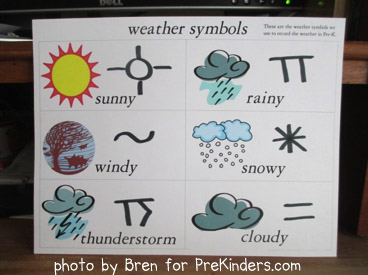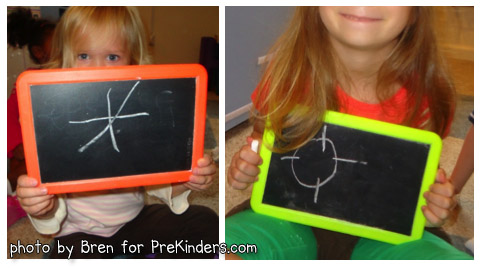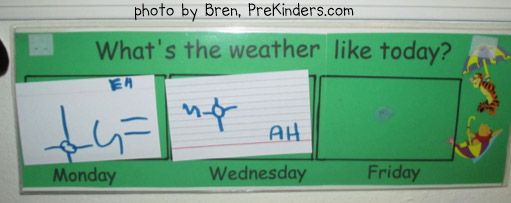Take advantage of a beautiful day by
learning outside!
It is great for kids to get outside and play in the garden
but it’s even better when they can play with the garden! Including plants in
your garden that are suitable for kids to use in their play is a great way to
encourage them to be outside – playing, interacting and learning with nature.
Be sure to include many different
types of plants to ensure a variety of activities. For instance, including some
hardy vines and creepers in your garden will provide an endless supply of
crowns for kings, fairies and the like. Try Star Jasmin or Hardenbergia/Coral
Pea.
Kids can spend hours in the yard
concocting potions from plants, water, who knows what else! Plants with an
interesting scent from flowers or leaves are always fun for creating potions. Try
Lavender, Pineapple Sage, or Mint. Mint grows like a weed so the kids can pick
as much as they like!
Kids love picking bunches of flowers
to give to someone they love, or just to brighten their day. Choose some hardy
flowering perennials that take little maintenance, or annuals that easily
self-seed each Spring. Some suggestions include Daisies or Geraniums for a
perennial, and Cosmos, Forget Me Nots, Calendula, Nasturtiums, and Borage for
self-seeding annuals.
There is no better way to teach
children where food comes from than to grow it themselves. Plus it’s fun to
collect some home grown goodness to snack on. Choose easy to grow fruit or
veggies that you know your children enjoy; beginning with those the kids can
eat right off the plant for fast snacking while playing. Try strawberries, blackberries, blueberries,
raspberries, beans, or cherry tomatoes.
A fort is one of the best backyard
play areas for a kid, but if you don’t have one you can always grow one!
As simple as a circle of
sunflowers or a creeper growing over an arched tunnel, hiding among the plants
is lots of fun. You could try: Giant Sunflowers –
plant in a circle to make a hiding spot, climbing beans – set up a teepee
support and grow a bean cubby, or vines and creepers – build an arched tunnel
and grow evergreen creepers over it for a more permanent cubby house.
Growing something a bit funny or weird can always get the kids interested. Maybe it is a funny looking
flower, or an unusual looking veggie, something a little different is a fun
addition to the garden.
Even if you don’t have a garden, many
of the smaller, playful plants will grow in pots on a window sill or balcony so
there is no reason why everyone can’t enjoy playing with plants!












